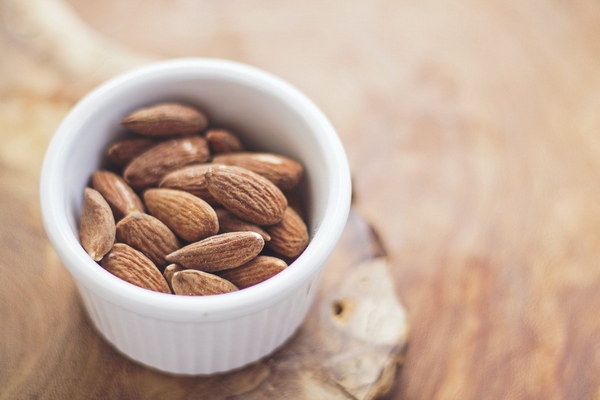The Health Implications of Having Beer at Night Is It a Good Idea
Introduction:
The question of whether it's a good idea to have beer at night has long been a topic of debate among health enthusiasts and beer lovers alike. While many people enjoy a cold beer after a long day, others worry about the potential negative effects on their health. In this article, we will explore the health implications of drinking beer at night and provide some insights into whether it's a good idea or not.
1. Metabolism and Alcohol Intake:
When it comes to metabolism, it's important to note that our bodies process alcohol at a consistent rate, regardless of the time of day. However, consuming alcohol at night can disrupt your sleep cycle and hinder the metabolism of other nutrients. This is because your body prioritizes processing alcohol over other substances, such as food and medication, leading to a slower breakdown of these nutrients.
2. Sleep Quality:
One of the most significant concerns regarding drinking beer at night is the impact on sleep quality. Alcohol is a known sedative, which can initially induce drowsiness and facilitate falling asleep. However, it can also disrupt deeper stages of sleep, such as REM (Rapid Eye Movement) sleep, which is crucial for memory consolidation and overall brain health.

3. Hydration:
Drinking beer at night can lead to dehydration, as alcohol is a diuretic. This can cause you to wake up more frequently during the night to urinate, further disrupting your sleep cycle. Moreover, dehydration can lead to a decrease in cognitive function and energy levels throughout the day.
4. Caloric Intake:
Beer contains calories, and drinking it at night can contribute to weight gain if consumed in excess. Since your metabolism is slower during sleep, the calories from beer are less likely to be burned, increasing the risk of weight gain.
5. Alcohol Dependency:
Regular consumption of beer, especially at night, can lead to alcohol dependency. This is because the body becomes accustomed to the presence of alcohol, and your brain starts to crave it, making it difficult to resist the urge to drink.
Conclusion:
In conclusion, drinking beer at night may not be the best choice for your health. It can disrupt your sleep cycle, lead to dehydration, contribute to weight gain, and potentially increase your risk of alcohol dependency. However, if you choose to have a beer at night, it's essential to drink in moderation and be mindful of the potential health implications. Remember that a balanced lifestyle and responsible drinking habits are key to maintaining good health.
It's important to note that everyone's body reacts differently to alcohol, and what may be bad for one person could be perfectly fine for another. Always listen to your body and consult with a healthcare professional if you have any concerns about your drinking habits.









